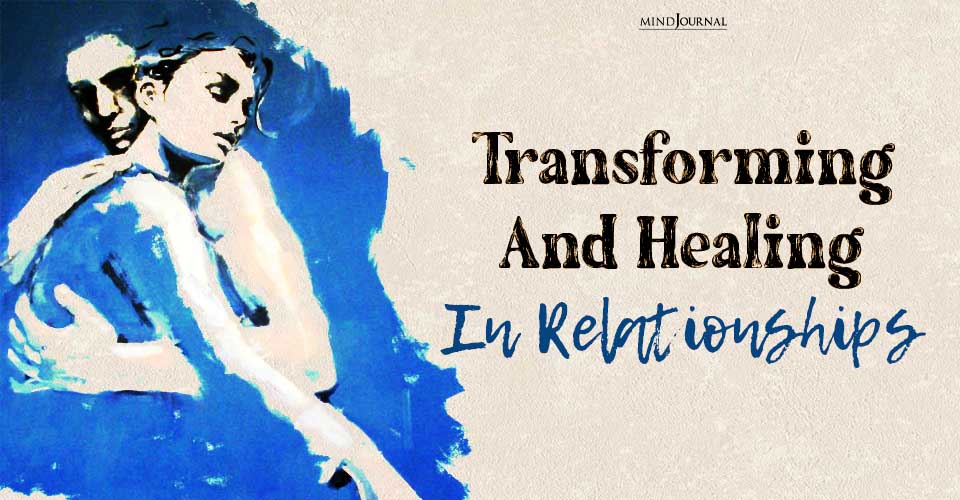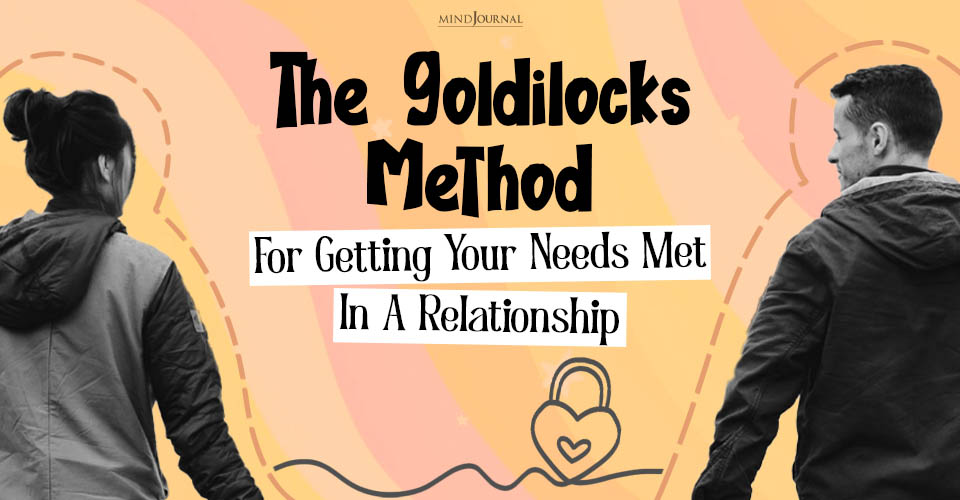You don’t know what other people are going through. You are barely aware of their life, their well- being, and their emotional currents. Find out what you need to know while dealing with any person.
There’s a coffee shop down the street from where I live that I frequently go to to get some writing done in the morning.
I went there a few days ago and something strange happened.
The barista behind the counter was the same one I interacted with almost every time that I came in. We were on a first-name basis with each other… and not just because he wears a name tag. In fact, we have nicknames for each other. I call him Spike, and he calls me Peanut Butter Man (the former because of his immaculately styled hair that looks rather hedgehog-y, and the latter because I always ask for extra peanut butter in my smoothie).
“Spike!”
I shouted at him from across the cafe as I walked towards him, expecting the unusually upbeat guy I’d grown accustomed to first thing in the morning.
As I walked closer to the counter I noticed that Spike looked a lot less playful than his usual self. He actually appeared quite blank. Eerily blank. Like no one was home. He looked vacant… which was a stark contrast to the guy I knew who always wanted to tease and laugh, even if it was 5:30 am.
“You alright Spike? You seem different today.”
“Yeah man, no. I’m not good at all.”
Since there was no one behind me in line, or really anyone within ear shot, I thought it was safe to prod on.
“Want to talk about it? You don’t have to if you don’t want to, but something’s clearly going on.”
He hesitated for a moment… and then something shifted in the quality of his eye contact… as if he decided that I was safe enough to confide in. His words came flowing out of him like water from an open fire hydrant.
“So my parents split up when I was pretty young, and I never really knew my biological dad. My mom re-married pretty quickly and I was raised by my “step-dad” even though he was basically just my dad. Anyways, I found out by email this morning that my biological dad committed suicide yesterday and he talked about me a ton in his suicide note. I literally found this out less than two hours ago and I think I’m still in shock. You’re the first person I’ve told and I don’t think I’ve allowed the news to hit me at all yet, on an emotional level.”
There was a pause as he finished his thought, and I made sure that he was finished sharing what he wanted to share.
“Well,” I replied, “I’ve never experienced anything like that at all, but it sounds like a very difficult and emotionally complicated thing to have to happen. I’m a really good listener. I’ll be here, working, for a few hours and if you want to go for a walk when you’re off work and talk about it, I’m here for you brother.”
He started to tear up, took a deep breath, momentarily swallowed his emotions (as there was now someone waiting behind me in line), and simply said, “That would be amazing. I’ll be off in two hours and I’d love to take you up on that if you’re still here then.”
“I’ll make sure of it.”
While the above (true) story was an isolated incident, this isn’t the only story that I have along these lines.
I met someone on the bus last year who was silently crying to herself for quite a while. After several minutes of empathically feeling how restrained her emotional release was (aka I could tell she would be crying a lot harder if she didn’t have fifteen strangers around her), I sat down near her and engaged her in conversation. She confided in me that she had just had her third miscarriage and she was feeling worthless and defective as a human being.
Another time I sat down next to a seemingly homeless man on the street and asked him his story. He told me that he had been a restaurant owner a few hours away from where we were, and he decided to walk away from the business when he found out that his wife of four years had been cheating on him with his brother. He didn’t want to deal with the divorce, with her, or with his brother, so he left it all to them and was going to make a run at life by himself by starting from scratch.
What do any of these stories have in common?
Ultimately, we have no idea what other people are going through.
Ever.
We aren’t mind readers. We don’t know if the people around us (whether we interact with them directly or not) are having the best week of their lives or the worst.
We don’t know if they’re elated or suicidal. We don’t know if they feel fulfilled or exhausted. We have no way of knowing where they’re at in their lives or what’s happening for them
And I would also encourage you to take on the practice of extending that awareness (or the awareness of what you’re unaware of in others) to those who annoy you, are rude to you, or who are generally unpleasant to you.
Maybe it’s the person who cuts you off in traffic… or the coworker who seems to only be mean to you… or the person who walks by you on the street who shoots you an evil glare. Assume that each of those people is going through the emotional turmoil that you can’t even begin to comprehend.
There’s a lot of suffering out there in the world, and the only rational response to it all is to be unreasonably kind and loving towards everyone that you cross paths with. This concept is easier said than done, but it’s a good practice to have.
I hope that, whatever you’re going through right now in your life, you are handling it with all of the grace and gentleness that you can muster.
And hey, guess what? I love you. Without knowing any details about you, I can say that with confidence.
I love you.
Jordan
Originally Appeared on JordanGrayConsulting.com
Printed with permission
You May Also Like









Leave a Reply